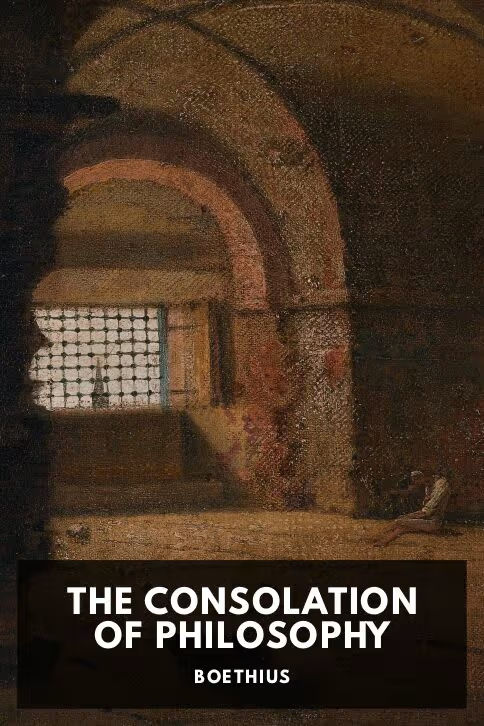What’s a secret skill or ability you have or wish you had?
Secret is a wonderful word. It has several synonyms, each variation with a nuanced meaning. Hidden is the more mundane of these. But if you say something is confidential you mean that it’s private or it’s restricted information. When you say it’s classified or top secret you are probably referring to military intelligence. The best terms, though, are the ones related to the occult, itself meaning hidden or secret. Words like cabbalistic, esoteric, and arcane, are the first that come to mind. Finally, esotericism is the the word that encompasses most of these meanings. If I had a secret skill, ability, or doctrine, I would like it to stay secret. I would shroud it in esoteric writing.
The example of the philosophers
[Plato] resorted to allegories and riddles. He intended thereby to put in writing his knowledge and wisdom according to an approach that would let them be known only to the deserving.
Alfarabi, Harmonization
Through all ages the philosophers suffered fierce persecution. Socrates was put on trial and condemned to death for his teachings, notably for “corrupting the youth” and for “impiety”. Hypatia was a famous philosopher and mathematician of her time. She was lynched by a furious mob and tore limb by limb. Boethius was condemned and put in jail while waiting for execution. In his prison cell he wrote The Consolation of Philosophy, a beautiful song of lament for his situation. He was tortured and killed in a horrible manner after that. These are only a few examples. So, you see, the business of being a philosopher wasn’t exactly risk-free.

Then said I: “Verily, thy pleas are plausible—yea, steeped in the honeyed sweetness of music and rhetoric. But their charm lasts only while they are sounding in the ear; the sense of his misfortunes lies deeper in the heart of the wretched. So, when the sound ceases to vibrate upon the air, the heart’s indwelling sorrow is felt with renewed bitterness.”
The Consolation of Philosophy, Book II, Dialogue III by Boethius
In other words, he complains that the consolation of philosophy is like the pleasures of music and rhetoric. They exist as long as the sound reverberates. After that, we return to our miserable state.
In their writings the most famous philosophers of the Greeks and their prophets made use of parables and images in which they concealed their secrets, like Pythagoras, Socrates, and Plato.
Avicenna, On the Parts of Science, quoted and translated by Leo Strauss in Philosophy and Law
Esoteric and Exoteric
To avoid oppression, most philosophers developed a method of escaping sure death. They had an inner circle of trusted followers, to whom they revealed everything. These were their esoteric teachings. To the multitudes at large, they wrote beautiful compositions. At surface level, these agreed with the orthodox preaching. If you read carefully between the lines, they pointed to the higher truths they couldn’t announce openly. These were their exoteric works. That is, their exoteric works also had their esoteric lessons, but hidden under the surface.
The ancient philosophers had a double doctrine; the one external, public or exoteric; the other internal, secret or esoteric.
Exoteric and Esoteric, Encyclopedia of Diderot
It’s fascinating, after a while, when you can find some truths disguised in the works of famous authors. Even today, not everyone will accept your teachings if you promote them openly. For this, you need to conceal them through esoteric writing. That would be (or is?) my secret ability.

Comments
One response to “Esoteric writing”
[…] By and large, I see readers tracing lines between my characters and old Renaissance woodcuts. They connect twisted plotlines to the alchemical drawings of forgotten grimoires. Some will read for suspense. Others will dig deeper, sensing that the narrative conceals more than it reveals. […]